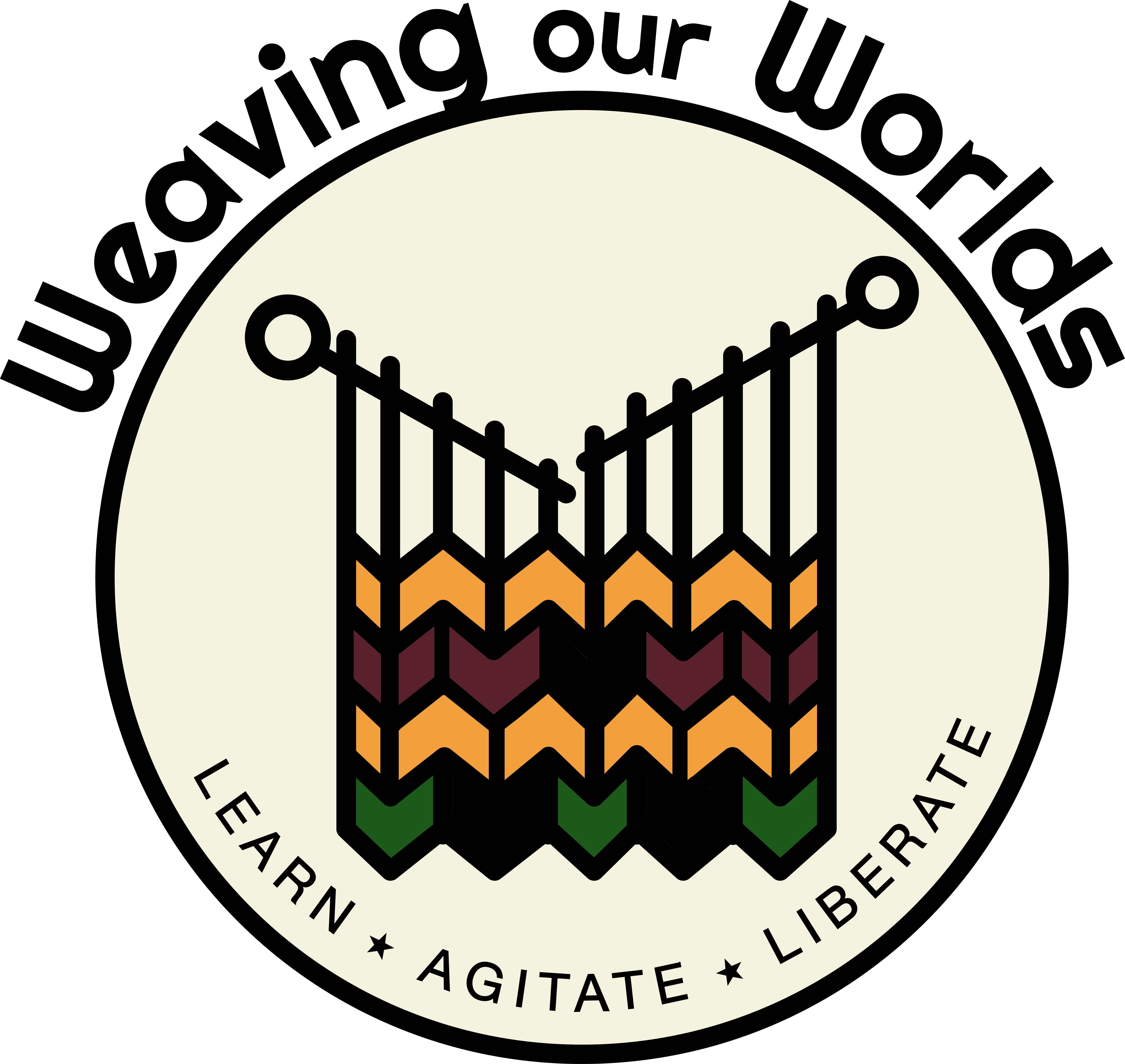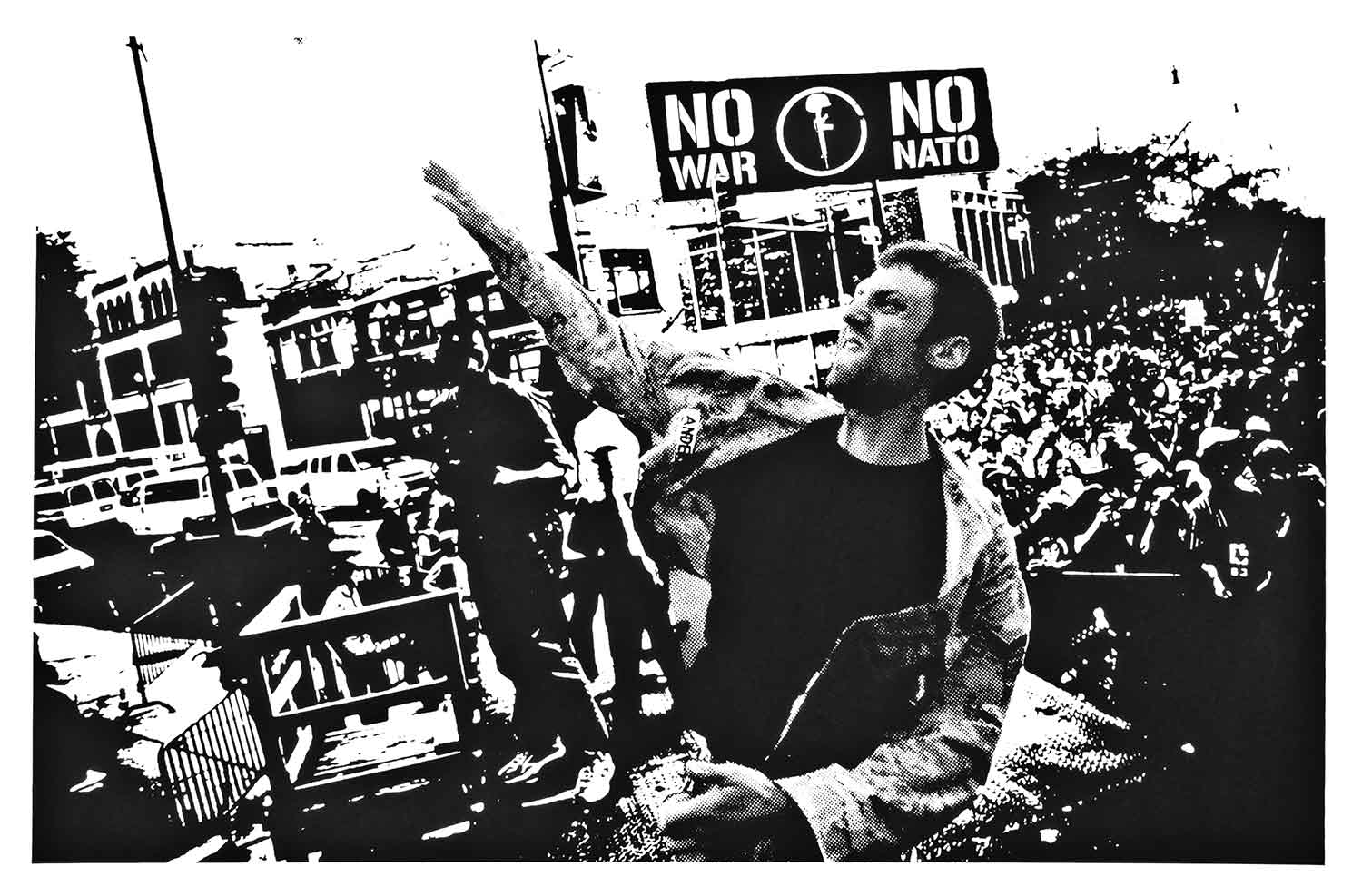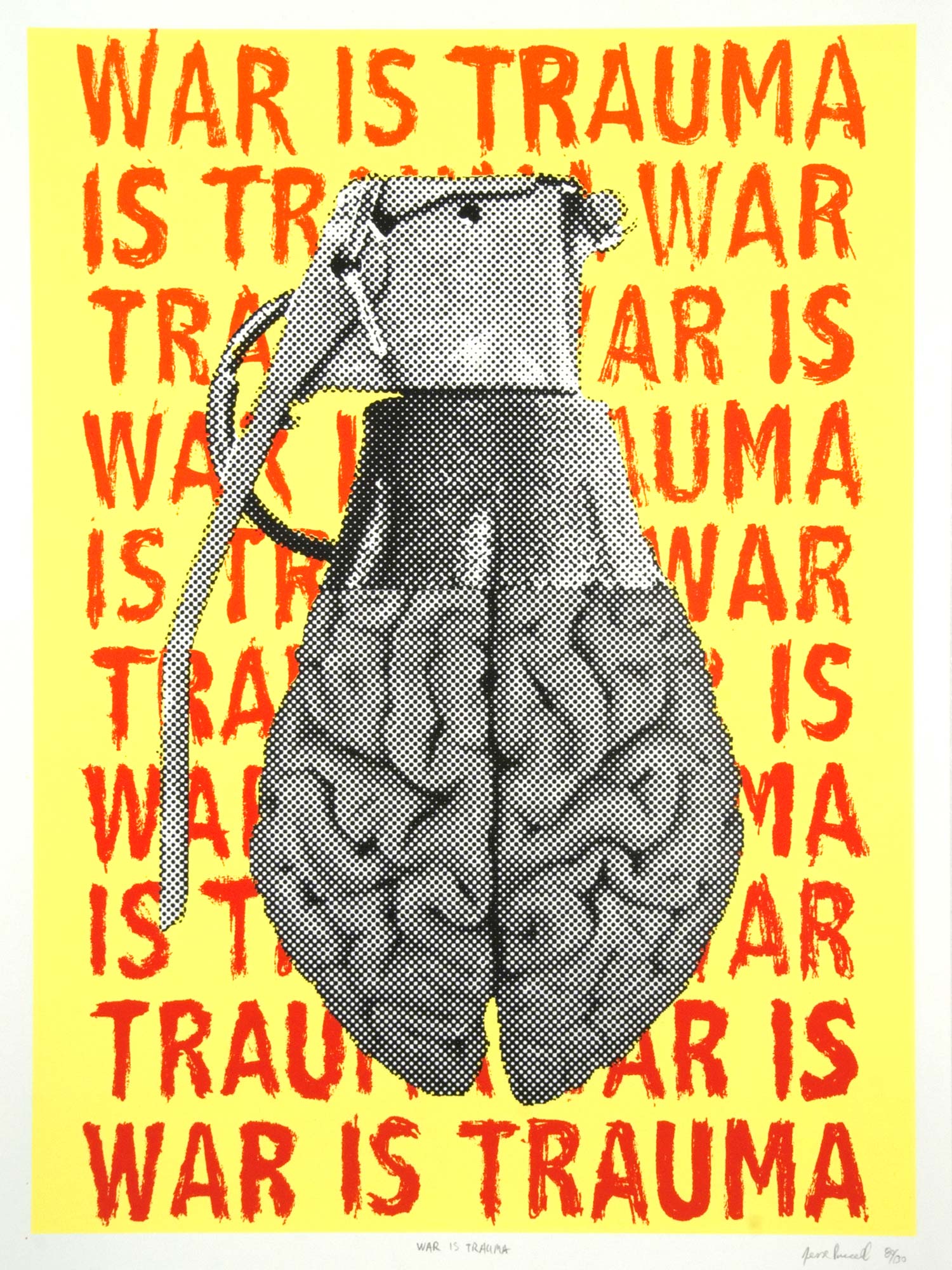Weaving our Worlds has monthly study in struggle conversations and this month we focused on NATO and imperialism.
This summer, Prime Minister Carney – and all NATO leaders – approved a plan to dramatically increase defence spending to five per cent of their national GDP over the next decade. For Canada, this means a staggering $150 billion in military spending per year.
“NATO’s new 3.5% GDP spending goal would lead to a total military expenditure of US$13.4 trillion by 2030, a US$2.6 trillion increase above current expenditure. This can cover nearly three years worth of climate finance needs of developing countries at $1 trillion a year or pay outright for the world’s global electricity grid to be made Net Zero compatible by 2030.” – from NATO’S 3.5% Spending Goal by TNI here
Our list of resources below describes the history and legacy of NATO:
What is NATO?
“The treaty proclaimed its commitment to peace and the principles of the UN Charter, but the real glue that brought NATO countries together was opposition to communism and socialism. It was created not only to counter the USSR, but also to defeat European communist and socialist movements and crush revolutionary, anti-colonial struggles. At the time of its founding, Britain, France, Belgium, and Portugal were waging vicious campaigns to try to hold on to their African colonies.” – from NATO Was Founded To Crush Communist, Socialist, and Anti-Colonial Movements Worldwide by Medea Benjamin and David Swanson here
“The United States established this ecology of military pacts for two purposes: to constrain the development of any communist parties or forces in the regions and to enable US influence on governments around the world. This was part of a broader projection of power that enabled the US to build and maintain military bases – in some cases with nuclear capability – far from its own shores but close to the Soviet Union, the Democratic People’s Republic of Korea, the Democratic Republic of Vietnam, and the People’s Republic of China, effectively laying the groundwork for a global military presence.” – from NATO: The Most Dangerous Organisation on Earth here
“This gathering of imperialist vultures in The Hague represents nothing less than a declaration of war against the world’s working masses—a cynical blueprint for ransacking public coffers to feed the insatiable appetite of the military-industrial complex while entire populations are crushed under the boot of austerity”. – from Fabricating Enemies in Times of Decline: NATO 2025 Summit By Essam Elkorghli, Matteo Capasso here
NATO and Imperialism
“AFRICOM is actually a direct product of NATO via EUCOM, the US European command. EUCOM is a central part of NATO and originally also took responsibility for 42 African states. In 2004 NATO ended a five-year period of expansion; in 2007 the EUCOM commander proposed the creation of AFRICOM.” – from NATO and Africa: A relationship of colonial violence and structural white supremacy by Djibo Sobukwe here
“NATO’s militarization of the Mediterranean plays a central role in reinforcing zionist power and undermining Palestinian resistance, operating both directly and indirectly to secure regional imperial interests. Through its naval dominance, NATO keeps the Mediterranean open for the uninterrupted flow of US-supplied weapons to the IOF, while simultaneously restricting the movement of material support to the Palestinian resistance.” – from The NATO-Imperialist-Zionist Nexus: Settler Colonialism and the Global War Economy by Corinna Mullin here
“The 1999 aggression against Yugoslavia was the first application of the ideas of “Responsibility to Protect”, as well as NATO’s New Strategic Concept. This is important for two key reasons. First, the aggression provided a testing ground for the new policy orientation, and the results would be used to justify the rapid institutionalization of R2P by the United Nations. Second, it concretely identified NATO as the vehicle for implementing the “moral duty” of the international community and deeply embedded NATO into the role and work of the UN.” – from NATO’s 1999 aggression against Yugoslavia marked a turning point for imperialism by Dave McKee here
Canada and NATO
“A secretive alliance Canadians never voted to join that requires this country to defend faraway lands and funnel ever greater resources to warfare is typically presented by the media and politicians as a tool of democracy. Yet, very often, pro-NATO propagandists frequently ignore the alliance’s ties to undemocratic regimes and its one-time effort to topple the government in Ottawa.” – from NATO does not, and never did, ‘defend’ democracy by Yves Engler here
“Canada’s government has eagerly embraced NATO’s new strategic concept. The plan is astonishingly frank in its calls for renewed military readiness — it is a return to more explicit Cold War–era principles of “deterrence” through confrontation.”- from Canada Is Cheerleading New NATO Expansion by Mitchell Thompson here
“The Canadian government took the lead on quietly selling Responsibility to Protect doctrine to the international community, with the eventual goal establishing R2P as a recognized principle in the UN system. The U.S. and U.K. invoked the theme of humanitarian intervention and R2P, ex post facto, to justify the 2003 invasion of Iraq. Canadian officials did the same in 2004 to argue their case for helping overthrow the democratically elected government in Haiti.” – from Responsibility to protect? Humanitarian imperialism by Anthony Fenton here
Additional Resource:
NATO Pt. 1: An Anti-Imperialist Introduction w/ Elina Xenophontos here


